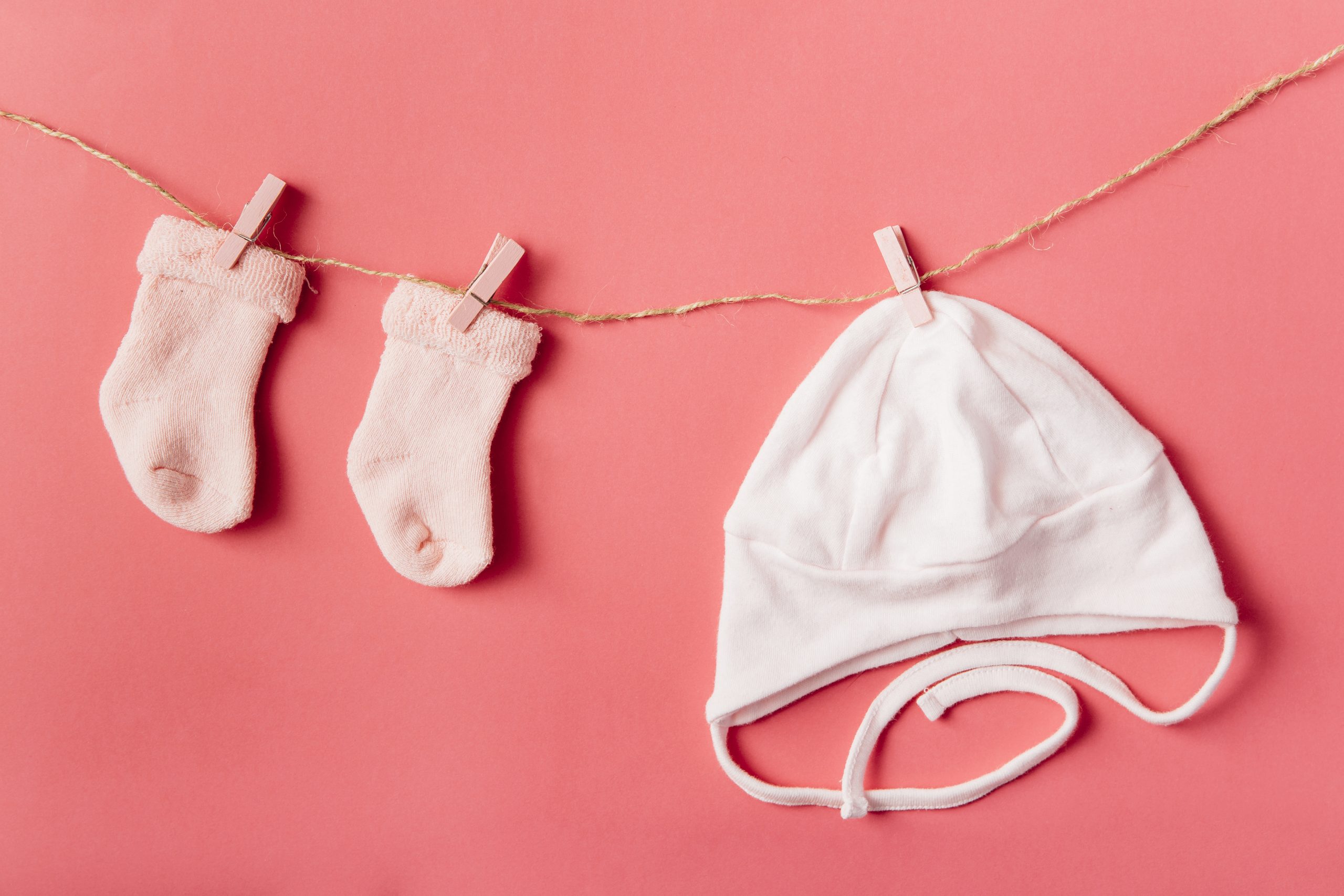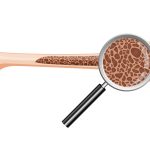If having a baby is in your plans, it’s smart to start saving as soon as possible
There’s so much to consider when planning an addition to the family – and discussing finances should be top of your list with your partner. The best financial planning for having a baby should include a cash flow that can handle additional expenses without leaving you in debt. Starting a baby budget way before your little one arrives can really ease the financial stress after birth.
Amongst other factors that you need to consider for the arrival of your baby, is deciding where you want to deliver your baby, whether in a government hospital, birthing centre or private hospital. All in all, saving for a new baby should start as soon as you make the decision to expand your family.
Quick Read:
- Include an emergency cash flow in your budget for those moments when additional expenses come up.
- Think far ahead into the future when saving. There’s education, clothes, holidays, and so much to consider and save for.
Smart saving
By saving some money, you’ll have help for big purchases or a buffer during maternity leave. Get a savings account that gives you the best interest and flexibility. Plan for expenses if you need to take unpaid leave.
Think ahead… far ahead
It’s never too early to think of future costs, like your child’s education. Determine how much you will put aside each month for your child’s future expenses, ideally from preschool to university.
Work out a family budget
Go over your recent bank statements and figure out how much money is coming in and going out. Pinpoint your essential costs like bond/rent payments, food, utilities, transport costs, and baby essentials that you’ll need. Look for gaps where you could cut back on the expenses.
Make rewards work for you
Join rewards clubs for discounts, you’ll be amazed at how much you can save! Before buying something in a shop or online, do a quick search for in-store offers or promo codes. Once you’re well into your pregnancy, shop during big sales and pick up those big items like a baby crib and carrier.

Focus on the essentials
Resist all temptation to buy every single cute item you see. Jot down a list of essential products your baby will need on a month-to-month basis. Do thorough research to avoid overspending and panic buying.
Stock up on nappies
There are a few ways to save when buying nappies and toiletries. Non-branded items are often cheaper and aren’t all that different in quality to name brands. Not everything has to be branded. You can compromise on a few products, especially the ones that run out quickly, like baby wipes and petroleum jelly. Certain products like skincare are specifically marketed to pregnant women only, but that doesn’t mean standard or alternative versions won’t do the job either. Still, be mindful and always speak to a doctor when in doubt.
Accept gifts
Family and friends will be more than willing to bring gifts for your newborn, so don’t be shy to let them know what would be useful for your baby. Some may offer home-cooked meals, say yes! New moms need all the help they can get. Some baby products don’t wear out very quickly and aren’t used for long, like drawers, cots, walking rings etc. Check in with family and friends, for secondhand items. You may even find an almost-new crib or baby seat.
Images: Freepik





















